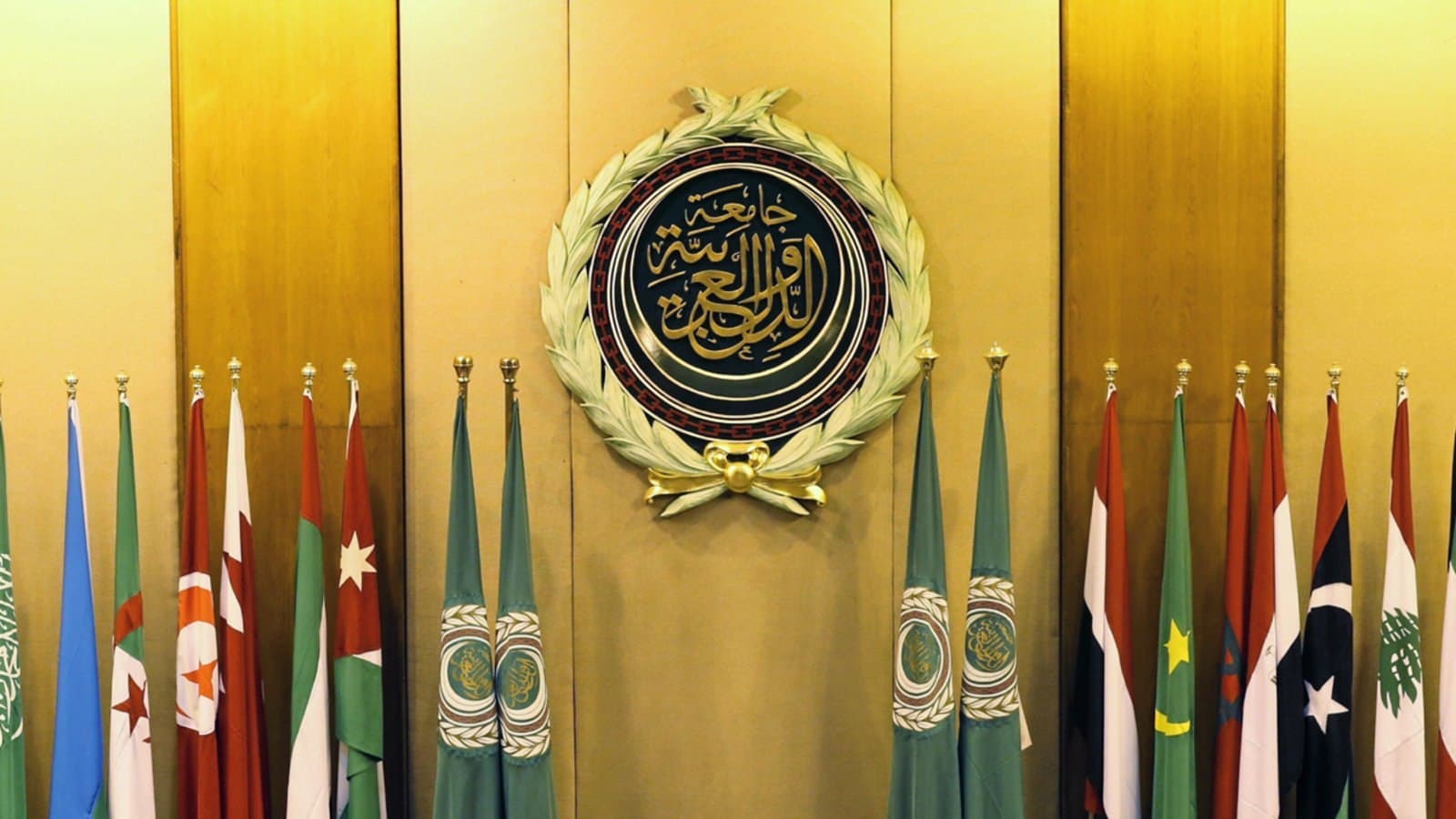Arab League Warns of Dire Consequences as RSF Moves to Establish Parallel Government in Sudan
The Arab League has issued a stern condemnation of the Rapid Support Forces (RSF) following their recent announcement to form a parallel government in Nyala, a city in southern Sudan. This move comes amid ongoing conflict and instability in the region, raising alarms about the potential for further escalation and humanitarian crises. The Arab League"s warning highlights the serious implications of such actions, both for Sudan and the broader geopolitical landscape.
Background & Context
The RSF, a paramilitary group that has been implicated in various human rights violations, emerged as a powerful force during the Darfur conflict and has since played a controversial role in Sudan’s political landscape. The announcement of a parallel government in Nyala is seen as a direct challenge to the country’s transitional government, which was established following the ousting of former President Omar al-Bashir in 2019. This transitional body was intended to lead Sudan towards democratic reforms, but the ongoing conflict has severely undermined its authority.
The RSF"s intentions to assert control in Nyala signal a troubling escalation in the power struggle among various factions within Sudan. The city, which has been a focal point of violence and unrest, is now at risk of becoming a flashpoint for more severe confrontations as the RSF seeks to solidify its influence.
Key Developments
In a statement released earlier this week, the Arab League expressed deep concern over the RSF"s plans, warning that the establishment of a parallel government could lead to “grave consequences” for Sudan’s stability and the safety of its citizens. The Arab League urged all parties involved to refrain from actions that could exacerbate the conflict and called for a return to negotiations aimed at achieving lasting peace.
The RSF’s announcement has been met with widespread condemnation from various international actors, who fear that this move could further fracture the already fragile political landscape in Sudan. The international community has been closely monitoring the situation, with calls for accountability and adherence to the principles of a democratic transition.
Broader Impact
The ramifications of the RSF’s actions extend beyond Sudan’s borders. Experts warn that the establishment of a parallel government could destabilize the region, potentially leading to a spillover of violence into neighboring countries. The Arab League"s condemnation reflects a broader concern among regional powers about the implications of such power grabs, which could embolden other militant groups in the area.
Historically, similar situations have resulted in prolonged conflicts that have had devastating effects on civilian populations. The Arab League"s warning serves as a reminder of the precarious nature of governance in conflict-ridden regions and the need for a unified response from the international community to prevent further deterioration.
What"s Next
As the situation unfolds, the international community is expected to intensify diplomatic efforts to address the crisis in Sudan. Key stakeholders, including the African Union and the United Nations, may play a critical role in mediating discussions between the RSF and the transitional government. However, the RSF’s recent actions suggest a willingness to defy international norms, complicating the path to peace.
In the coming weeks, it will be essential to monitor the response from the Sudanese government and the international community. Should the RSF proceed with its plans, it could trigger a series of reactions that may include sanctions or other measures aimed at curbing the group"s influence. The situation remains fluid, and the potential for further violence looms large as stakeholders navigate this complex crisis.
For those interested in related coverage of international conflicts, see our recent developments on other geopolitical issues, including Marco Rubio"s stance on Venezuela and China"s support for Russia"s actions in Ukraine.


![[Video] Heavy clashes and gunfire reported in Baghdad, Iraq](/_next/image?url=%2Fapi%2Fimage%2Fthumbnails%2Fthumbnail-1768342239932-848qsh-thumbnail.jpg&w=3840&q=75)




![[Video] Gunfire between Iraqi security forces and Sadr militias in Baghdad](/_next/image?url=%2Fapi%2Fimage%2Fthumbnails%2Fthumbnail-1768343508874-4redb-thumbnail.jpg&w=3840&q=75)
